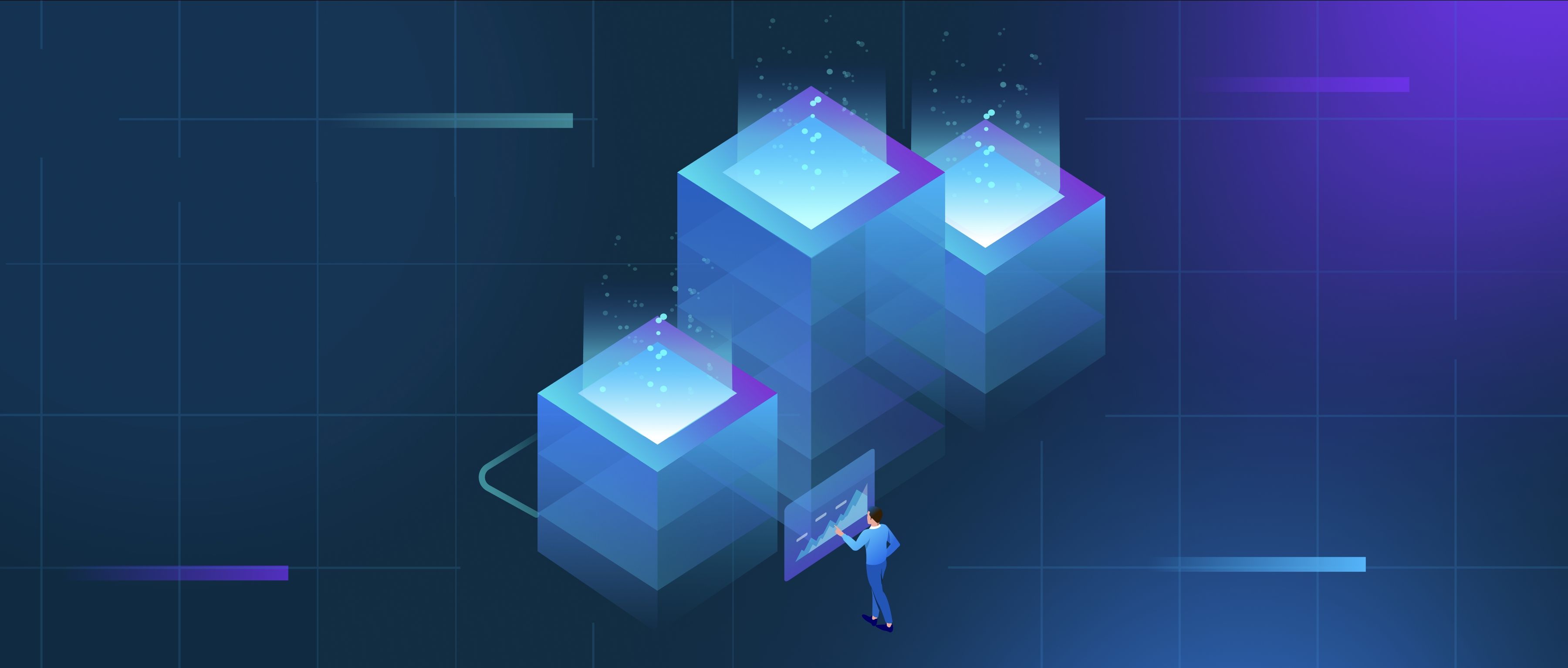Amazon Bedrock enhances search and knowledge discovery by enabling natural language interactions with large document repositories. Here are three key scenarios where it adds value:
1. Enterprise Knowledge Management Employees in large organizations often struggle to find precise answers in internal wikis, policy documents, or technical manuals. Traditional keyword-based search returns a list of documents, forcing users to manually sift through content. Bedrock improves this by using retrieval-augmented generation (RAG) to fetch relevant passages from documents and generate concise, context-aware answers. For example, an HR team could query, “What’s the process for approving international remote work?” Bedrock would parse HR guidelines, extract approval steps, and return a summarized response with links to source documents. This reduces time spent searching and minimizes errors from outdated or fragmented information.
2. Customer Support Automation Support teams handle repetitive queries like troubleshooting steps, return policies, or product specifications. Bedrock can power chatbots that answer these questions by analyzing FAQs, product manuals, or past support tickets. Instead of requiring customers to navigate a knowledge base, the chatbot generates direct answers. For instance, a user asking, “How do I reset my smart thermostat?” would receive step-by-step instructions pulled from the latest documentation. This reduces ticket volume and improves response consistency, especially when documentation is frequently updated.
3. Technical Documentation for Developers Developers often need quick answers from API references, SDK documentation, or code libraries. Bedrock can process natural language queries (e.g., “How do I authenticate using OAuth 2.0 in the AWS SDK?”) and return code snippets, parameter explanations, or architecture diagrams from official docs. This is more efficient than manually scanning documentation or relying on incomplete community answers. For example, a developer integrating a payment API could ask, “What’s the error code for expired credit cards?” and get the exact code and remediation steps from the API guide.
In each scenario, Bedrock addresses the limitations of keyword search (e.g., mismatched terminology, lack of context) by understanding intent and synthesizing answers. Its integration with AWS services like Kendra for semantic search and S3 for document storage makes it scalable for large datasets. By reducing manual effort and improving answer accuracy, Bedrock streamlines workflows for both technical and non-technical users.
